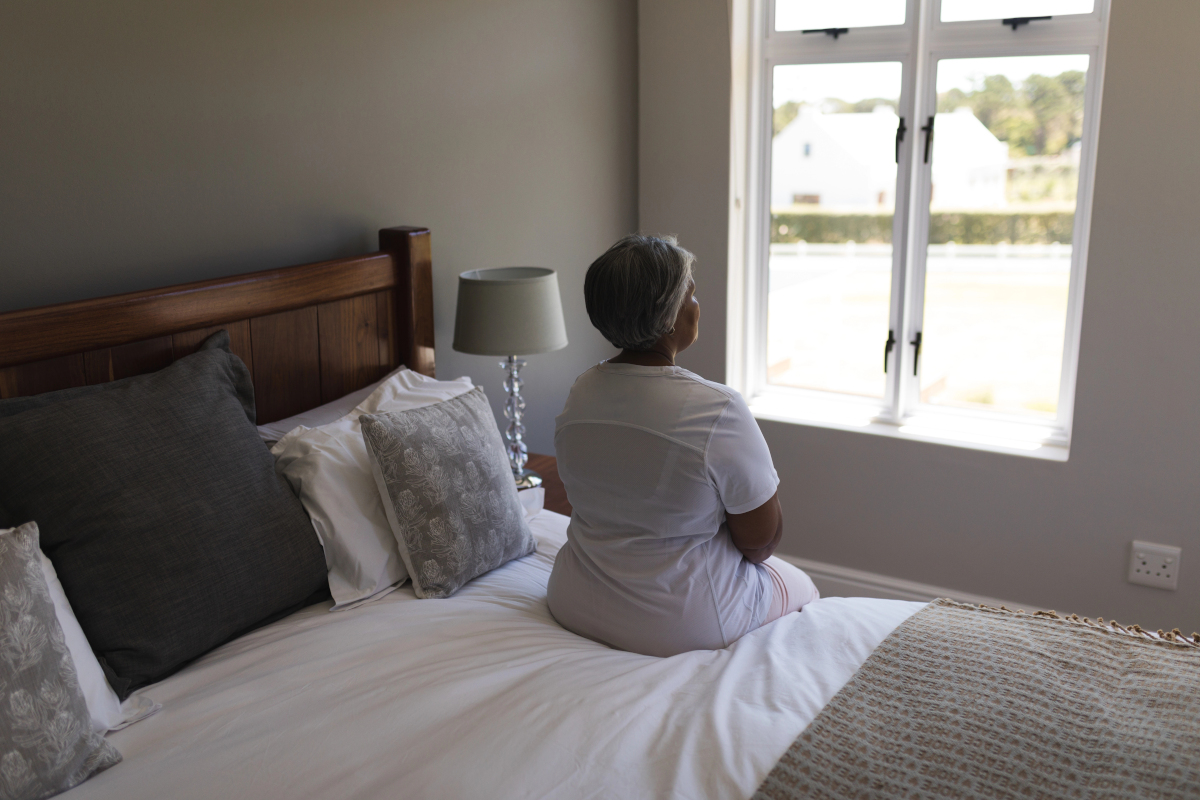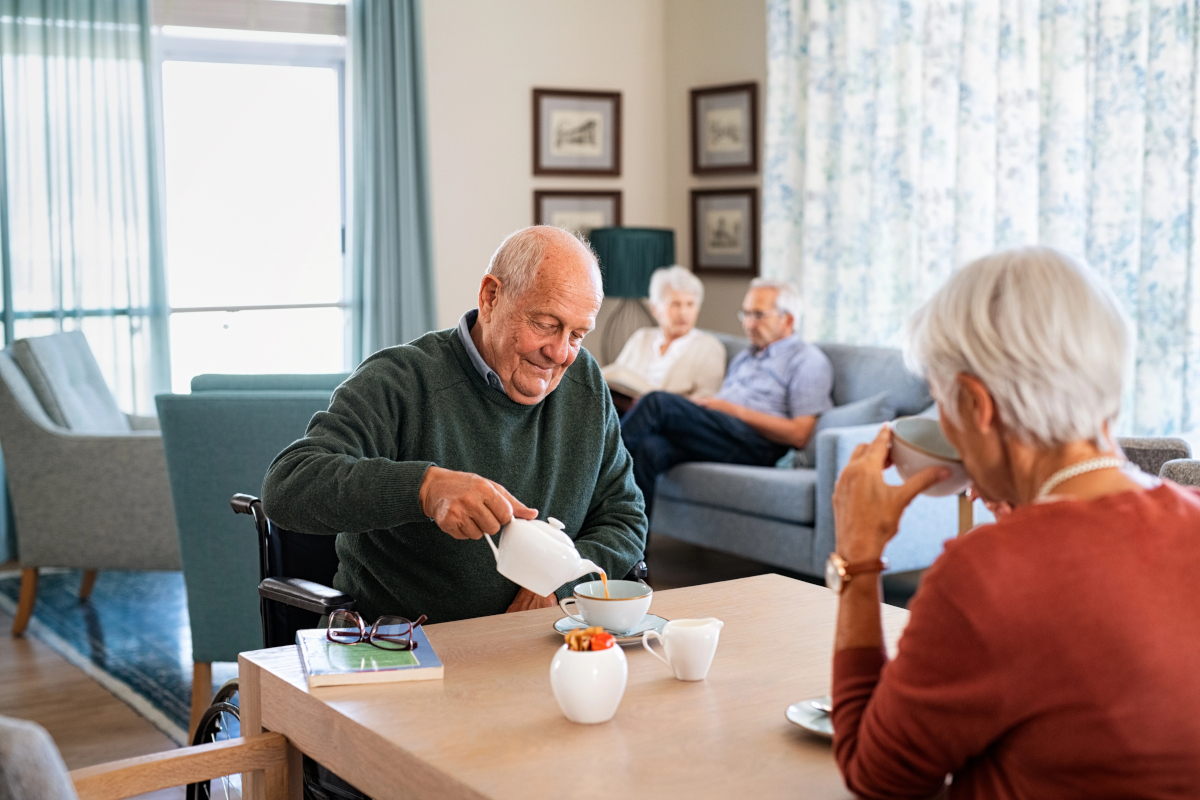As a senior citizen, it is vital to make sure that your heart is healthy. Heart disease is one of the leading causes of death among seniors, and it’s important to take steps to reduce your risk.
A good way to begin is to understand the basics of heart health and the risk of heart disease. Prevention is the best protection, so it’s essential to get started sooner rather than later. Taking steps to change your lifestyle and manage your heart health now can give you more years of happiness later.
Many factors go into managing your heart health, including diet, exercise, stress management, medications, lifestyle, and more.
The Basics of Heart Health for Senior Citizens
You don’t have to be a medical professional to understand how to keep your heart healthy. Start with the basics and consult your doctor to get the most benefit from a healthier lifestyle.
First, it is important to understand that heart health is not just about eating a healthy diet and exercising. It also includes other factors such as stress management, getting enough sleep, and managing medications.
How you can best manage these areas will depend on which are giving you the most problems. Here are some suggestions for each:
- Stress Management
Take time out for yourself to manage stress and unwind. You can also try a few simple de-stressing techniques, like meditation, exercise, and hobbies. Tai Chi and yoga are often considered good options for seniors because they are low impact and promote mindfulness. Speak to a mental health professional if you experience chronic and/or excessive stress or symptoms of anxiety or depression.
- Sleep and Insomnia
The National Sleep Foundation says that seniors over age 65 should get seven to eight hours of sleep each night. You need your rest to allow your body to recover and rejuvenate. It is also essential to mental performance. Having a sleep schedule with a bedtime routine can help you get better quality sleep. Avoid caffeine and consult a doctor if you are sleeping excessively or experiencing insomnia.
- Medication Management
Each senior is different, and that means different care and treatment plans for their health. Make sure you are taking your medications on time and in the correct dose. A weekly or monthly pill box can help. Not being able to keep up with medication management is a sign that your loved one may need to move into an assisted living home.
Every senior should know how to improve their heart health as well as what can make it worse. Bad habits can hurt your heart. The most common heart disease risk factors include:
- Smoking
- Excessive drinking
- High blood pressure
- High cholesterol
- Diabetes
- Obesity
- Family History
Knowing which of these applies to you can help you and your doctor come up with a prevention plan.
The Symptoms of Heart Disease
You may be experiencing the symptoms of heart disease and not realize it. Learning how to recognize the signs of a problem will help you protect yourself.
Symptoms may vary between men and women. Men are more likely to experience chest pain while women are more likely to have other symptoms like shortness of breath, fatigue, and nausea.
That doesn’t mean all men and women experience heart disease symptoms the same way, but it is something to keep in mind. Not having severe chest pain doesn’t necessarily mean you aren’t having a problem. The most common symptoms include:
- Chest tightness or discomfort
- Pain in the throat, jaw, neck, back, or upper stomach area
- Pain, weakness, coldness, or numbness in the limbs
- Shortness of breath
If you notice these or other unexplained symptoms, seek medical attention right away.
Tips for Keeping Your Heart Healthy
There are many things you can do to keep your heart healthy. Here are some tips to help you get started:
- Maintain a healthy weight. Being overweight can increase your risk of heart disease. Eating a healthy diet and exercising regularly can help you manage weight.
- Eat a healthy diet. Eating a diet that is low in saturated fat, trans fat, and cholesterol, and high in fruits, vegetables, and whole grains can help reduce your risk of heart disease.
- Exercise regularly. Exercise can help reduce your risk of heart disease as well as improve your overall health. Aim for at least 30 minutes of physical activity most days of the week.
- Don’t smoke. Smoking increases your risk of heart disease, so it is important to quit or, if you don’t smoke, never start.
- Limit alcohol consumption. Alcohol can increase your risk of heart disease. While it isn’t necessarily bad to have a drink occasionally, do so in moderation.
Lifestyle Changes That Help Your Heart
If you talk to your doctor, they will likely recommend healthy habits every senior should start this year. It’s not easy to change your lifestyle, but it’s well worth the effort. Once you get started, you may find that it gets easier as those changes become everyday habits.
A good way to begin is to try the following:
- Get Rid of Those Unhealthy Habits
Now is the time to stop smoking, stop or reduce drinking, and monitor your diet. Unhealthy habits may bring temporary satisfaction, but they will damage your health and wellbeing in the years to come. Invest in your future by stopping bad habits now.
- Make Exercise a Part of Your Routine
Make exercise a part of your normal routine. It’s best to do this in small, manageable increments at first. Add a few extra minutes to your workout or park further away so you have to walk more when going shopping or running errands. A little bit of effort can turn into big rewards for your health!
- Take Your Sleep Schedule Seriously
Never underestimate the value of a good night’s rest. Going to bed at the same time and getting up at the same time is good for your mind and body. Try to get seven to eight hours of uninterrupted sleep a night. It also helps to establish a calming routine before bed. This can include reading, low lighting, or a warm bath.
- Build Your Social Network
Being social is good for your heart. Seniors who have strong social networks had a lower risk of hypertension. Social isolation increases the risk of obesity and inflammation, which raises your heart disease risk. Moving to an assisted living home like Pinnacle Peak is a good way for aging adults to stay socially active.
Your heart is a key part of your health. Take care of it now so you can improve your wellbeing and enjoy more of your days in comfort doing the things that you love.





